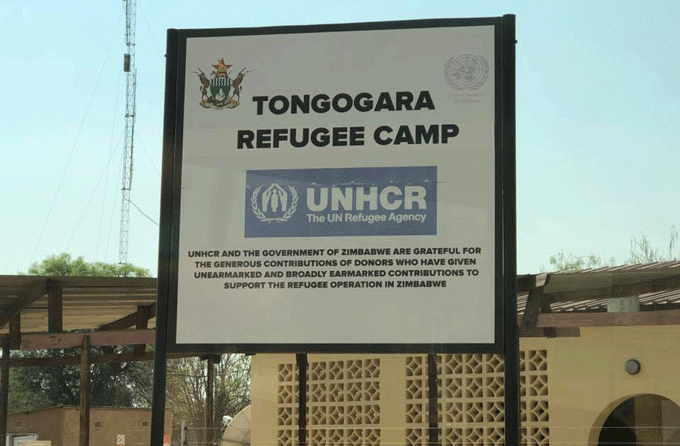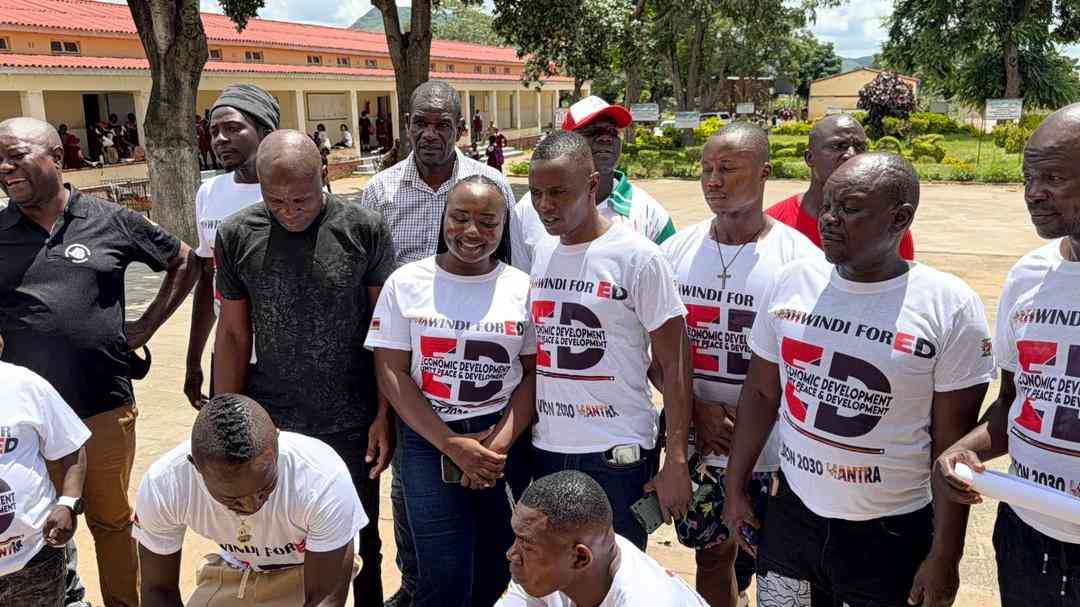
TONGOGARA Refugee Camp is reportedly making strides in HIV prevention and management, with over 100 inmates on antiretroviral therapy (ART) treatment.
Tongogara Camp settlement administrator Johanne Mhlanga said they were providing patient screening, treatment, immunisation, HIV and Aids interventions, as well as maternal and reproductive health sevices to inmates.
“I must highlight that we have 113 individuals who are on ART receiving support from our health professionals within the settlement,” Mhlanga told journalists during a tour on Tuesday.
“I must also highlight that we continue to get assistance from the Health and Child Care ministry, as well as the National Aids Council (NAC).”
He said they also provided services that were linked to prevention of HIV mother-to-child transmission.
“In partnership with NAC, we rolled out the sister-to-sister interventions with 50 young girls and young women who are involved in sexual reproductive health, HIV and Aids awareness raising in the settlement,” he said.
“The idea behind the interventions is to encourage girls and women to be tested, as well as to promote health-seeking behaviour by young women.”
Mhlanga said they also had programmes tailor-made for boys “with a view of enhancing knowledge on HIV and Aids”.
- Congolese rapist freed over prosecution error
- TDH-Italy marks refugee day, pledges more assistance
- Zim hosting 20 000 refugees: Govt
- Govt moves to curb immigration crisis
Keep Reading
“More importantly, the intervention is also meant to enhance health-seeking behaviour by young men, as well as to fight drug and substance abuse among boys and young men within the settlement,” he said.
Tongogara Clinic sister-in-charge Rugare Marambire, however, noted the challenges they face in following up defaulters.
“We have methods of trying to follow up to make sure that we get hold of the client who doesn’t turn up, maybe on the date given,” she said.
“We have our village health workers, our peers, our community-based care counsellors and you see the community is just within a small area.
“We are able to follow up to say if the patient is supposed to get his tablets on the 4th and the patient does not turn up on the 4th, 5th and 6th, we follow up.”
Zimbabwe has registered success of the 95-95-95 targets through a number of interventions which are also being used at the institution.










